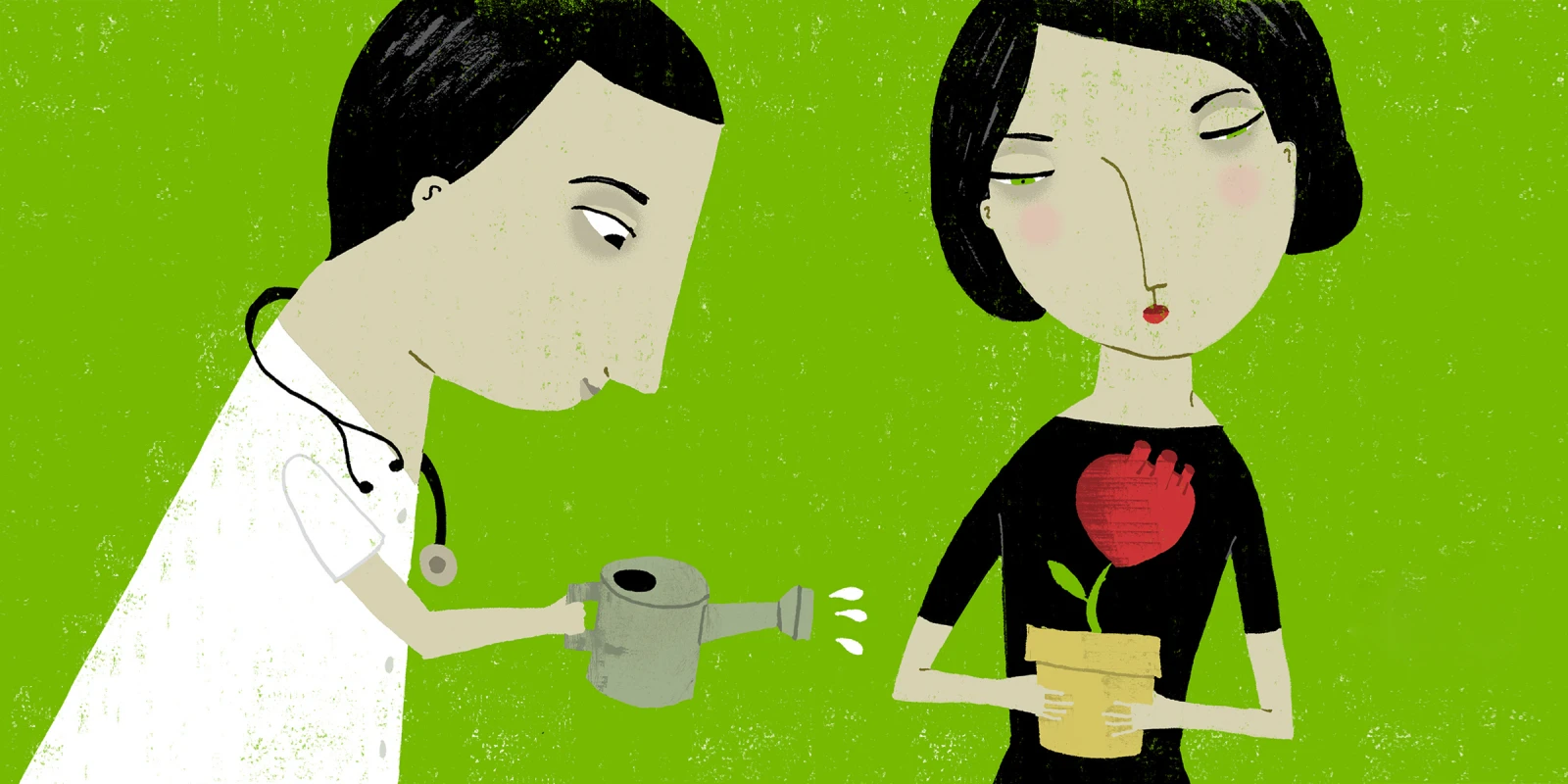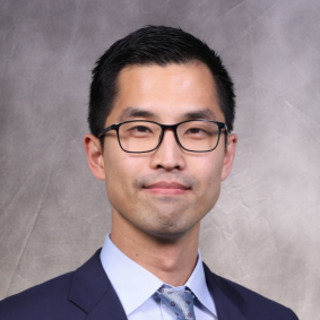When I was a medical student, I encountered a patient who came in after suffering a large stroke. The first time I met him, he was unable to speak in full sentences and his words were garbled.
That morning, he was understandably up to his ears with frustration, unable to ask for the most basic things. He could barely get himself out of bed. I wondered if he would ever be able to return to a sense of normalcy again.
However, he went on to prove me wrong. He did not remain depressed. He started making jokes and laughing again after a few days. While his recovery was slow, his spirit rejuvenated within a remarkably short span of time.
Whenever his mother was in the room, he would even start singing, knowing that it would annoy her and humor her at the same time. He could hardly enunciate the words anymore, but that did not deter him. Not only was he no longer fixating on his own handicap, but he was also looking out for other people’s well-being.
I have now met and treated many more patients since, having completed nearly four years of surgical residency. And no matter how many times I see it, I still find my patients’ resilience to be an incredibly remarkable condition we share as humans.
Time and again, despite being in dire situations, people somehow find a reason to laugh or be optimistic again. No matter the degree of injury, our minds seem to have the ability to reset and soldier on.
These patients remind me to be grateful about my life and the world in which we live.
Often, I find myself always wanting more, growing restless and dissatisfied even when I already have much for which to be thankful. Not a day goes by where something does not appear to go wrong, both in my immediate surroundings and in the world at large. News articles seem to be constantly full of suffering and cruelty.
However, in many ways, I think we ought to remind ourselves that we are making progress each day, in the same way that our patients are willing to find hope again even after catastrophic injuries, after their worlds have been upended.
And we do have reasons to be hopeful and thankful. According to psychologist Steven Pinker, we are, statistically speaking, doing better in almost every category than 30 or 100 years ago. By and large, we are healthier, wealthier, better educated, more tolerant, and less violent than before. We have overcome numerous challenges as a civilization, even those that may have seemed impossible not too long ago. We have the capability to cure diseases that were once considered terminal. We live in a global community, and are able to understand each other’s languages and customs.
In his speech at an event held by the Gates Foundation, former President Barack Obama provided this observation to his audience to prove this point.
“If you had to choose any moment in history in which to be born, and you didn’t know in advance whether you were going to be male or female, what country you were going to be from, what your status was … you’d choose right now.”
This was not meant to be a facetious or overconfident remark. Sure, we may wonder what it would have been like to have been born a hundred or even a thousand years ago. But ultimately, wouldn’t you want to be born today? Given the choice, most of us would not want to go back in time, having grown accustomed to the tremendous technological and ideological progress we have made as a civilization to date.
Whenever things get hard, I still think back to that patient who would sing to his mother with a smile on his face, only a few days after suffering a stroke. If he could find the resilience to be positive in those circumstances, surely, I can. Surely, we all can.
How have your patients shown remarkable examples of resilience? Let us know in the comments below.
Jason Han, MD is a thoracic surgeon and was a 2018–2019 Doximity Author. He tweets at @JasonHanMD.







